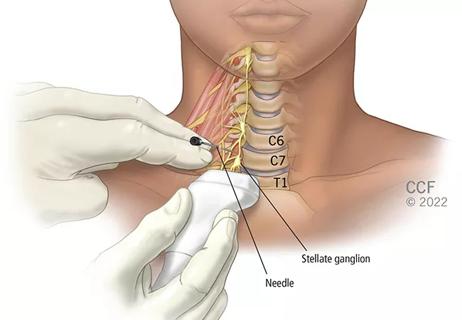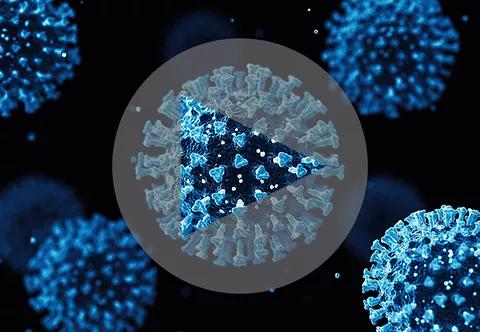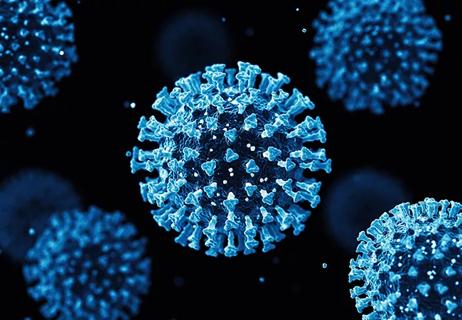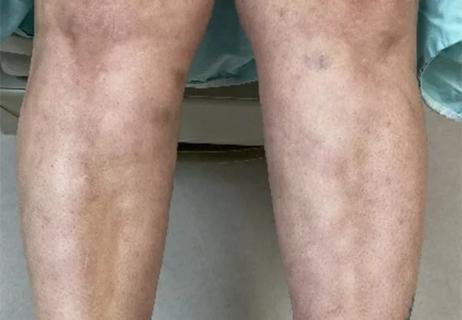Prolonged symptoms of COVID-19 are likely multifactorial

As the understanding of COVID-19 has evolved, so has the understanding of caring for COVID-19 survivors with long-term symptoms. The prolonged form of COVID-19, which the National Institutes of Health (NIH) has termed post-acute sequelae of SARS-CoV-2 infection (PASC), does not yet have a formal definition. Currently it is identified as COVID-19 symptoms persisting for 28 days or longer. The symptoms can vary from fatigue to diarrhea, and patients can vary from those who had mild acute illness at home to those who were treated in an intensive care unit.
Advertisement
Cleveland Clinic is a non-profit academic medical center. Advertising on our site helps support our mission. We do not endorse non-Cleveland Clinic products or services. Policy
Pulmonologist and intensivist Michelle Biehl, MD, and a team of Cleveland Clinic authors recently published a review of the condition in Cleveland Clinic Journal of Medicine, including the latest guidance on evaluating and treating COVID-19 “long-haulers.” The article is part of a collection of COVID-19 Curbside Consults.
Because of the variations in reported symptoms, duration and definition of PASC among research studies, assessing the incidence of PASC is difficult, say the authors. Some reports estimate that about 10% of patients with COVID-19 have symptoms for longer than three weeks. Symptoms persist for more than six months in some patients. While older age, obesity and chronic medical conditions are potential risk factors of PASC, almost 20% of cases are in patients age 18-34 who are otherwise healthy.
In the review, authors summarize:
Advertisement
Concluding the review is a brief look at studies investigating numerous treatments — including antihistamines, antidepressants, antioxidants, melatonin and hyperbaric oxygen. The NIH has earmarked more than $1 billion in grant funding for initiatives focused on improving the understanding and treatment of PASC.
Read the full article for free at Cleveland Clinic Journal of Medicine.
Advertisement
Advertisement

Patients report improved sense of smell and taste

Clinicians who are accustomed to uncertainty can do well by patients

Unique skin changes can occur after infection or vaccine

Cleveland Clinic analysis suggests that obtaining care for the virus might reveal a previously undiagnosed condition

As the pandemic evolves, rheumatologists must continue to be mindful of most vulnerable patients

Early results suggest positive outcomes from COVID-19 PrEP treatment

Could the virus have caused the condition or triggered previously undiagnosed disease?

Five categories of cutaneous abnormalities are associated with COVID-19